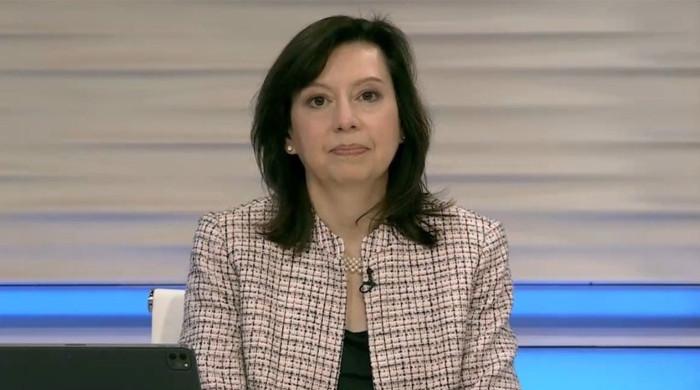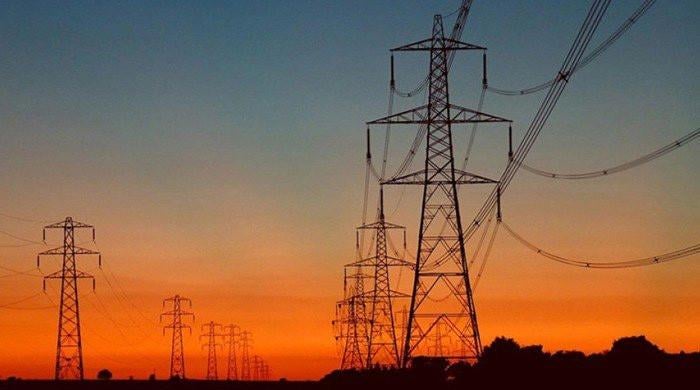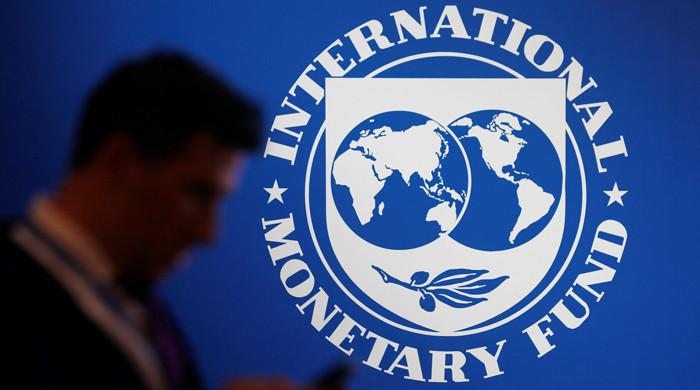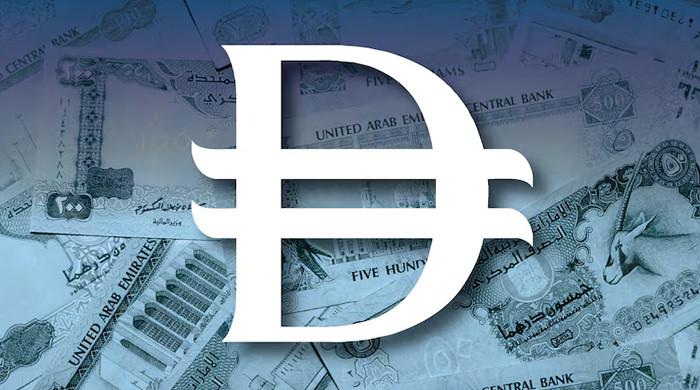PSMA says sugar price hike ‘is routine off season rise’
Sugar mills association warns about a shortage next year on the back of low acreage
September 01, 2023

- PSMA denies reports of sugar shortage in country.
- Hike in sugar price has nothing to do with suagr exports: sugar mills.
- Pakistan at outset of sugar season 2022-23 had stocks of 8.15m tonnes.
LAHORE: Amid an exorbitant increase in sugar price across the country, the Pakistan Sugar Mills Association (PSMA) has denied the reports of shortage saying that shortage of the sweetener “is routine off season rise”.
The wholesale sugar rate witnessed a drastic increase as it is being sold at Rs170 to Rs180 in the retail market.
Dispelling the impression that there is a short supply of sugar in the current season, the PSMA warned about a shortage next year on the back of low acreage, while also slamming over-regulation, The News reported on Friday.
The PSMA stressed that the hike in sugar price has nothing to do with the “shortage as a result of the previous government’s permission to allow its export”, a spokesperson for the millers' association said.
An objective analysis of the figures would reveal that at the end of the last sugar season 2021-22, Pakistan had a surplus of about one million tonnes. Due to this huge surplus, the government had allowed to export 250,000 tonnes of sugar, with the possibility of allowing another 250,000 tonnes subsequently.
It was also estimated that the sugar season 2022-23 would be good for production. However, during the crop harvest, it was realised by the government that yield was lower than estimated. Thus, it shelved the plan to allow further export of the commodity, the spokesperson said.
“Pakistan at the outset of sugar season 2022-23 had stocks of 8.15 million tonnes, including carryover stocks of last year, which was a satisfactory stock position for the entire year with some surplus,” the PSMA official said.
The Federal Board of Revenue and other concerned government institutions still maintain that our monthly consumption is 0.65 million tonnes. From November 2022 to July 2023, the consumption was 5.85 million tonnes for 9 months. For the rest of the three months, Pakistan will need 1.95 million tonnes, whereas stocks availability in Pakistan is 2.3 million tonnes.
“The impression of shortage of sugar at this point of time is not understood,” the spokesperson said.
As far as the price of sugar is concerned, the PSM statement added that the international sugar market is highly volatile and up to Rs250/kg. Therefore, there is a lot of leakage from Pakistan’s borders.
Pakistani sugar being very popular due to its high quality and low domestic prices encourages smuggling through the Western borders.
Another important reasons behind the sugar price hike include the unpredictable dollar exchange rate, rise in POL prices, extremely high bank interest rates, increase in wages, ever-rising market prices of all other commodities and skyrocketing electricity tariff.
Sugar is not an exception under these adverse market situations.
Going forward, the PSMA spokesperson said the federal and provincial governments need to plan in a way that the highly regulated sugar sector is deregulated and works on market forces like rice, maize and other crops to make it competitive internationally.
“It is also not being realised that 70% of our total sugar is consumed by the commercial sector. Only 30% sugar is consumed by the domestic consumer, out of which 15% of the segment is poor,” the spokesperson added.
The government is only concerned about the poor segment of society, and for them, subsidy schemes like the Utility Stores already exist.
Speaking of deregulation and calling it a hurdle in the growth of the sugar industry, the spokesperson also said that the courts were against that over-regulation too.
“If this over-regulation persists, it will result in further reduction of sugarcane plantation and the government will have to spend billions of dollars to make up for the deficiency of domestic sugar production,” he concluded.











